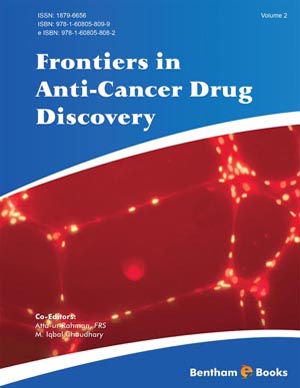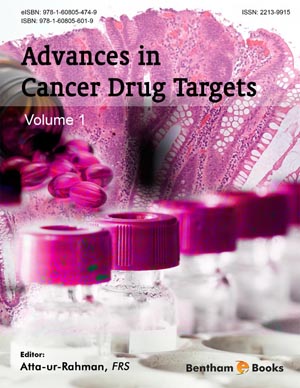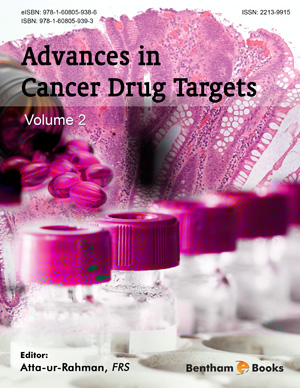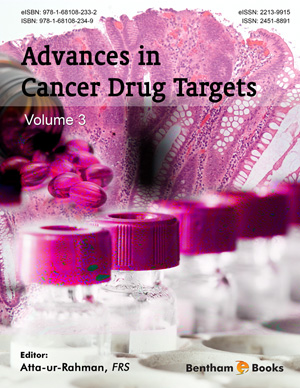Abstract
Antibody-drug conjugates (ADCs) are an emerging class of therapeutics that are generated by covalent attachment of cytotoxic agents to monoclonal antibodies via linkers. It is generally believed that following antibody binding to the antigen and ADC internalization, release of toxic payload would produce cytotoxic effects in tumor cells in relatively selective manner. The clinical development of ADCs was not feasible until several critical prior developments took place, including development of recombinant therapeutic monoclonal antibody production, advancement of linker technology, and discovery of potent cytotoxic agents.
In this book chapter, we will briefly introduce the history of ADC development and focus on the development and mechanisms of action of ADCs in oncological indications. In addition to covering present ADC therapies in clinical trials we will also offer possible future directions for ADC therapies, such as development of antibodies against new therapeutic targets, use of novel antibody and non-antibody-based platforms for the ADC development, use of novel linker designs for ADC generation, as well as development of novel payloads for antibody-based conjugates. As these development trends continue, future potential of ADC therapies to address the needs in oncology indications will be explored. Note that the information presented in this article represents publically available information. Any opinions expressed reflect the views of the authors and do not represent the policy of the U.S. Food and Drug Administration.
Keywords: Antibody-drug conjugates, ADC, oncology, antibody, linker, payload, internalization, bystander.






















